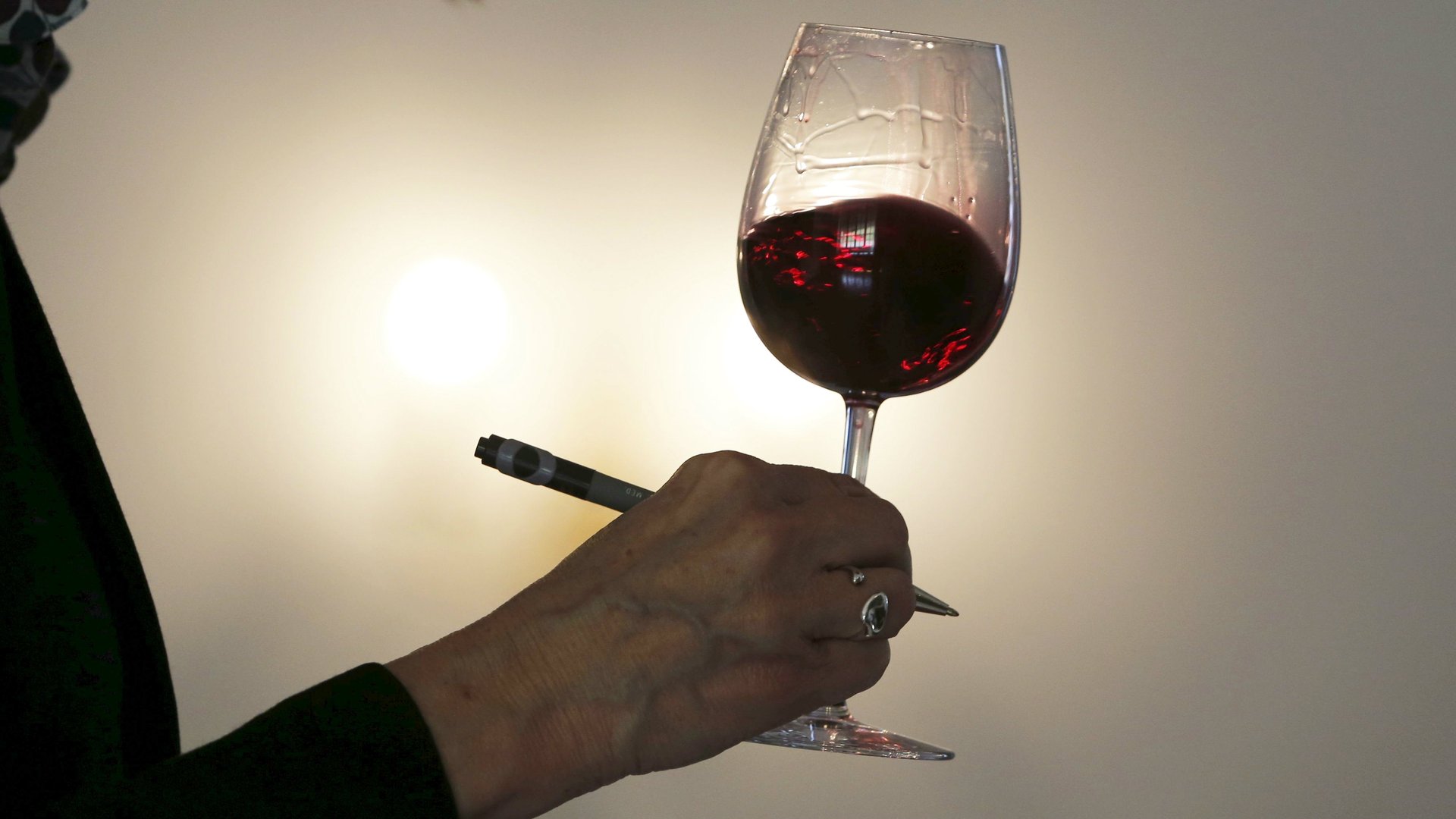A wine philosopher on why “not every wine is worth our attention”
For thousands of years, philosophers have pondered the great questions of human existence. What is the meaning of life? What does it mean to be morally good? And what, exactly, makes a fine wine?


For thousands of years, philosophers have pondered the great questions of human existence. What is the meaning of life? What does it mean to be morally good? And what, exactly, makes a fine wine?
Though it sounds facetious, Barry Smith, philosophy professor at the Institute of Advanced Studies at the University of London, points out that wine was a major subject of discussion among ancient Greek philosophers at the Symposium. “They wanted to know how much it took to make their conversation go smoothly but at the same time, not too much that you’ve lost your wits and reason,” he says.
But the most compelling wine-related question, for Smith, is whether our evaluations of wine are purely subjective.
Smith believes there are right and wrong answers when it comes to wine quality. Someone who thinks an unsophisticated wine is superior to a complex vintage is, quite simply, wrong—just as someone who insists Barry Manilow was a better musician than Bach is wrong. “Even if some people happen to like Barry Manilow better, we still think, ‘Yeah, but come on, there’s something that makes Bach superior as a composer and musician,’” says Smith.
Being a fine wine critic is no different from being a fine art critic. To be good at judging wine you need plenty of experience, to be free from prejudice, to know what to expect from each category of wine, and to be skilled at identifying the various flavors.
Smith’s thinking on wine is influenced by the work of 18th-century philosopher David Hume. Hume argued that those with impeccable aesthetic judgements are able to identify the various elements within, say, a concerto or piece of fine art. He compared this knowledge to a wine connoisseur who can accurately taste if a metal key had been left at the bottom of the barrel.
Some people are resistant to comparing wine connoisseurship to art knowledge, says Smith, because they believe tasting is a simple experience. But in fact, tasting is a combination of many senses working together; it is not a singular event. First there’s the experience as the wine enters the mouth and the way it changes as it travels across the palette. Swallowing passes the wine’s various scents up to the nose and creates a big release of flavor at the back of the throat. Finally, there’s the lingering taste that’s left after you’ve swallowed.
“You’re using knowledge and actively exploring the wine as opposed to just thinking there’s a single event. You slow down and change the temporal scale, you change what’s going on. You’re interrogating the wine,” he says. “What we call tasting is in fact the result of many senses working together. It’s taste, smell, there’s the feel of the wine in the mouth—is it like velvet, satin, silk—and the different texture will have an effect on how sweet or sour the wine is.”
And just as it’s possible to misunderstand a piece of art, we can overlook flavors and characteristics of the wine we drink. Intellectual knowledge is important in wine tasting, just as it is with other aesthetic judgments. Your experience of wine will be quite different depending on your expectation of various categories of wine, such as Bordeaux versus Burgundy. When we enjoy aesthetic experiences, argues Smith, we exclusively focus on one of our senses, and tasting wine is no different.
“The same degree of concentration happens when you’re tasting, as opposed to drinking. Drinking’s easy. You pick up the wine and drink and talk to friends,” he says. But tasting requires you to ignore other sensory information so that you can concentrate on the wine. “You’re allowing yourself to commune with it, to mingle with it, to dwell on it,” he adds.
Indeed, the notion that properly judging wine is inferior to properly judging art can be traced back to the Christian church’s belief that the bodily senses of taste, smell, and touch are necessarily less important. “The idea was that sight and hearing are the higher senses because they put us in touch with things external to us, independent of us, they allow us to be in contact with the higher intellectual things of God,” adds Smith.
Ultimately, the higher qualities of superior wines mean that some wines are more worthwhile than others. And a fine wine, by Smith’s definition, is one that deserves our attention.
“Not every wine is worth our attention, just as not every piece of music or painting is worth our attention,” he says. “It has to have enough complexity to fascinate you. To challenge you, to beguile you, to make you think more about it, to want to know more about it. That’s what we mean by a fine wine.”